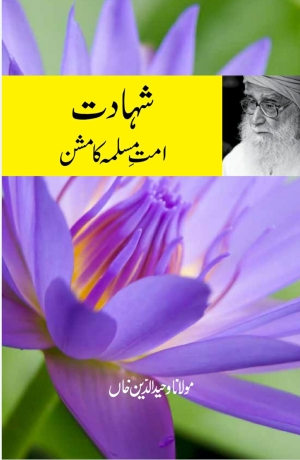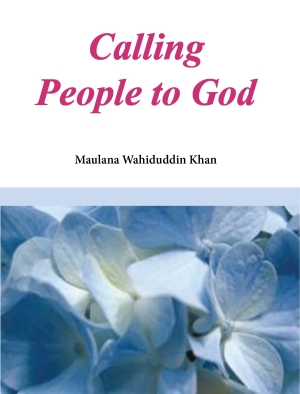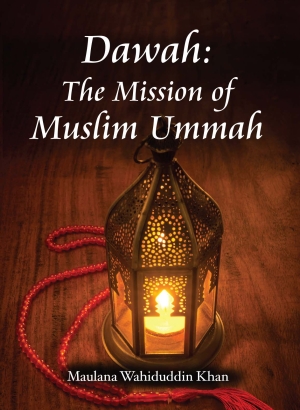As narrated by Abu Hurayrah, the Prophet of Islam said, ‘I want to see my brothers.’ The Companions of the Prophet said, ‘O Prophet of God, are we not your brothers?’ The Prophet replied, ‘You are my companions. My brothers have not yet come. They will come in later times.’ (Sahih Muslim, Hadith No. 249)
There is nothing mysterious about the Companions of the Prophet or his ‘brothers.’ The nature of these two groups can be understood by a study of the Quran and Hadith. The nature of the Prophet’s companions can be judged from a verse of the Quran which begins: ‘Muhammad is the Messenger of God. Those who are his companions in the true sense...’ (48:29) It then enumerates several other noble qualities they possessed. From this, we infer that the secret of the high degree of faith with which the Prophet’s companions were imbued was attributable to the Prophet’s companionship and the training he imparted to them. In consequence, his companions became ‘the best community that has ever been brought forth for the good of mankind.’ (3:110)
Ikhwan-e-Rasool is also indirectly alluded to in a verse of the Quran, which reads: ‘We shall show them Our signs in the universe and within themselves until it becomes clear to them that this is the truth.’ (41:53). This verse is like a prediction that a time will come when the signs latent in nature will appear and will be a source of higher realisation for the seekers after truth. Subsequent events tell us that the present scientific age is referred to here. Indeed, in this age, such facts about the world of nature have come to man’s knowledge as are undoubtedly a source of realisation. Now let us take the role of Ikhwan-e-Rasool. There are two aspects of the role of Ikhwan-e-Rasool: high level of realisation and dawah, i.e., the attainment of superior realisation in the light of newly discovered realities and propagating the Islamic call effectively at a global level by modern means of communication. Both these aspects have been foretold in the Quran and Hadith.









